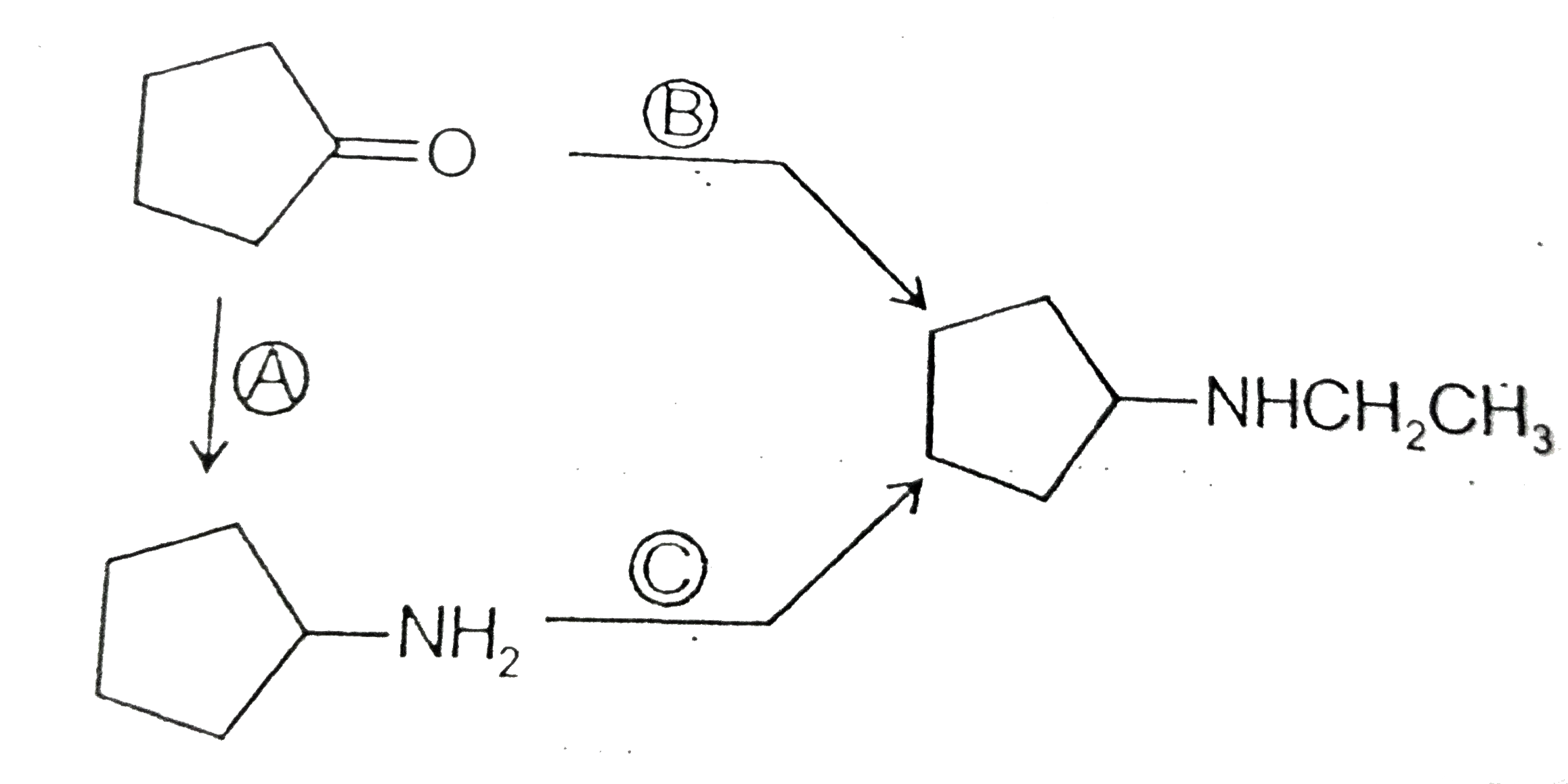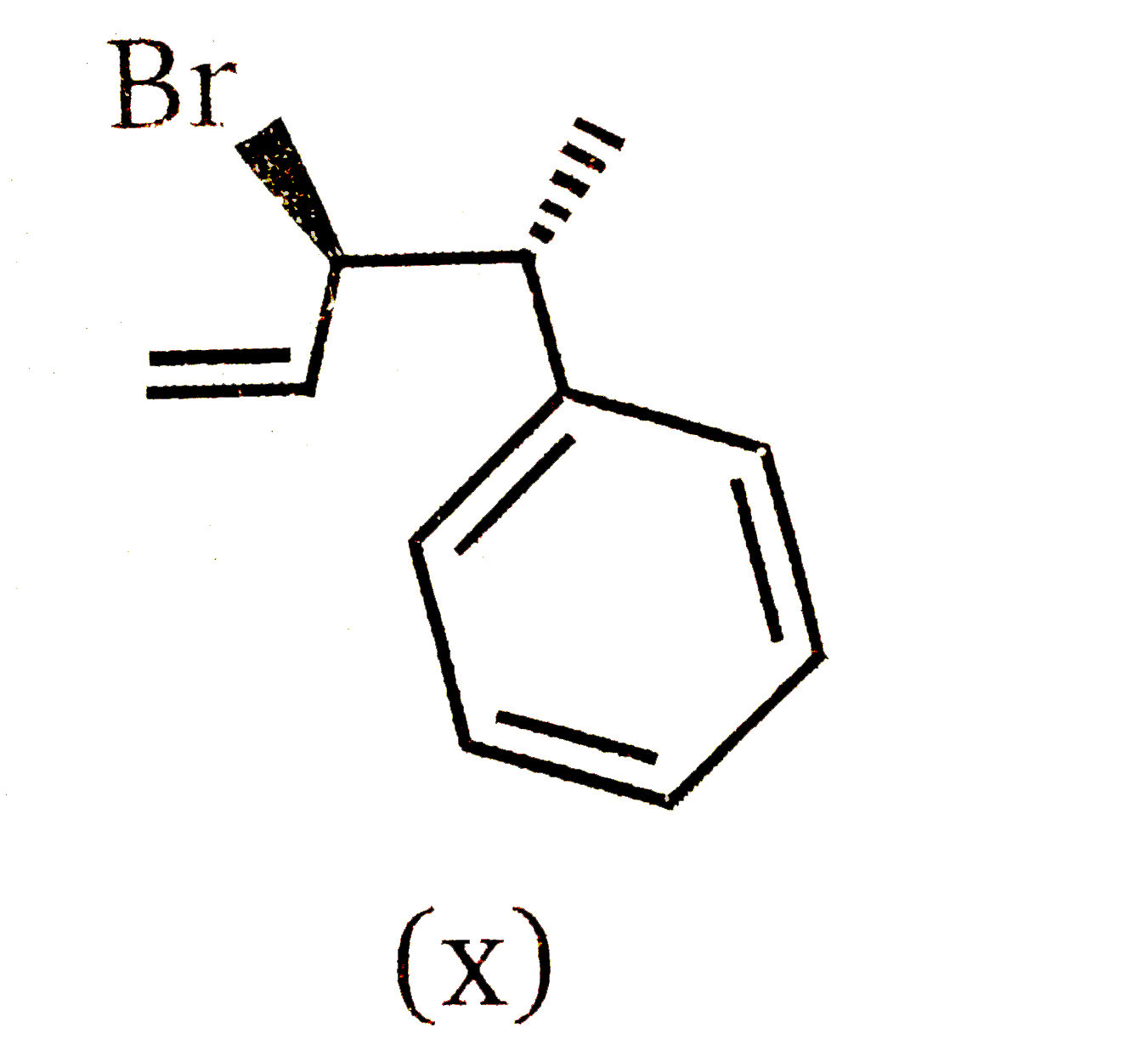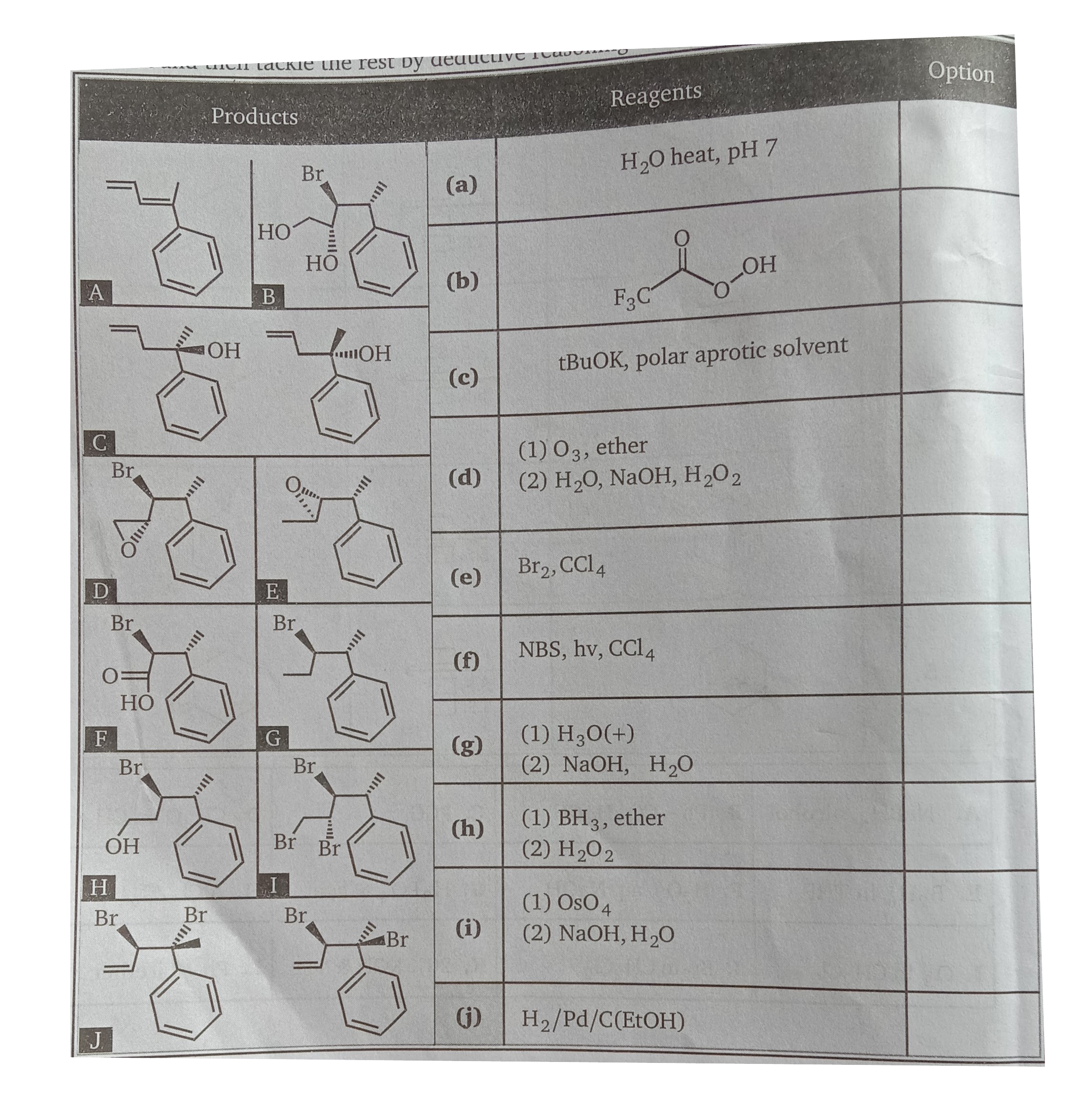In fission, the products have less mass than the starting materials do.
Step-by-Step Solution
1. Understanding Nuclear Fission:
- Nuclear fission is a process where the nucleus of an atom splits into smaller parts (fission products), usually producing free neutrons and a large amount of energy.
2. Identifying the Reactants:
- In the given example, Uranium-235 (U-235) is the starting material, and it is bombarded with a neutron (n).
3. Writing the Fission Reaction:
- The fission reaction can be represented as:
U-235+n→Ba-141+Kr-92+3n+Energy
- Here, Barium-141 (Ba-141) and Krypton-92 (Kr-92) are the fission products.
4. Mass Comparison:
- The total mass of the reactants (U-235 + neutron) is greater than the total mass of the products (Ba-141 + Kr-92 + 3 neutrons).
- This mass difference is due to the conversion of some mass into energy, as described by Einstein's equation E=mc2.
5. Conclusion:
- Since the products have less mass than the starting materials, the statement "In fission, the products have less mass than the starting materials do" is true.
- Nuclear fission is a process where the nucleus of an atom splits into smaller parts (fission products), usually producing free neutrons and a large amount of energy.
- In the given example, Uranium-235 (U-235) is the starting material, and it is bombarded with a neutron (n).
- The fission reaction can be represented as:
U-235+n→Ba-141+Kr-92+3n+Energy
- Here, Barium-141 (Ba-141) and Krypton-92 (Kr-92) are the fission products.
- The total mass of the reactants (U-235 + neutron) is greater than the total mass of the products (Ba-141 + Kr-92 + 3 neutrons).
- This mass difference is due to the conversion of some mass into energy, as described by Einstein's equation E=mc2.
- Since the products have less mass than the starting materials, the statement "In fission, the products have less mass than the starting materials do" is true.
Similar Questions
Suggest a synthesis of given product from the indicated starting material.

View SolutionMatch the reagents a-j with products A-J. There is one best product for each reaction.

The molecule (x) is the starting material for all reactions in problem. Do the ones you know first and then tackle the rest by deductive reasoning

View Solution
Knowledge Check
Statement-1:Polyacylation in benzene does not occur during Friedal Craft's acylation.
Statement-2:As the product ketone is much more reactive than starting material.AStatement-1 is True, Statement-2 is True, Statement-2 is a correct explanation for Statement-1BStatement-1 is True, Statement-2 is True, Statement-2 is NOT a correct explanation for Statement-1CStatement-1 is True, Statement-2 is False.DStatement-1 is False, Statement-2 is True.To control fission process of the reactor, the following material is used _______
AGraphiteBcadmiumCGoldDuraniumA tissue having more non-living material than the living matter is
AEpithelial tissueBParenchymaCConnective tissueDNervous system
How can you convert an amide into an amine having one carbon atom less than the starting compound?
View SolutionHow can you convert an amide into an amine having one carbon atom less than the starting compound?
View SolutionWhat do we call the particles which have less electrons than the normal atoms?
View SolutionThe critical mass of a fissionable material is
View SolutionIf the neutrons reproduction factor K is
a) greater than 1 the fission rection is accelerated
b)less than 1 the fission reaction retards
c) equal to 1 the fission reaction is at steady state
View Solution